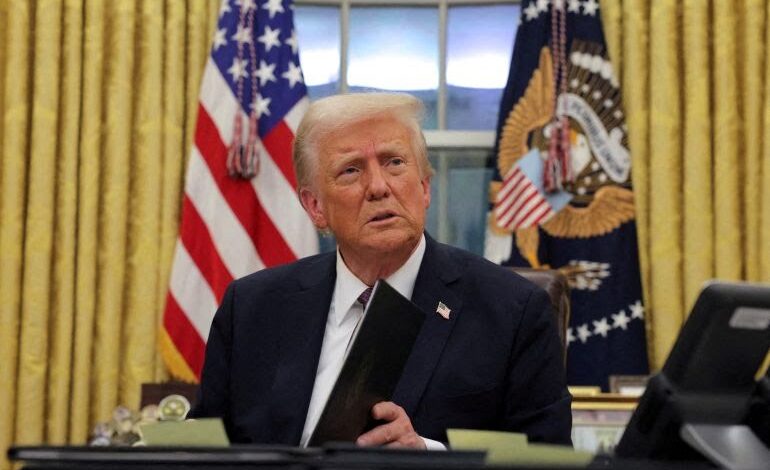UK Slams Door on Foreign Workers in Over 100 Jobs

The UK Government has unveiled a major overhaul of its visa system, banning more than 100 occupations from being filled by foreign workers in a bid to reduce net migration and prioritize job opportunities for British workers.
The new policy, announced by the Home Office, aims to reshape the visa system and create a fairer, skills-focused system.
The list of restricted occupations includes roles in hospitality and catering, such as restaurant managers, chefs, and hospitality workers. Logistics and transport roles, including managers and proprietors in storage and warehousing, are also affected.
Healthcare support workers, including some roles in adult social care, dental nurses, and ambulance staff (excluding paramedics), will no longer be eligible for foreign recruitment.
Public service positions, including Local Government Administrative Occupations, National Government Administrative Occupations, and Police Community Support Officers, are also impacted.
Additionally, creative industries professionals such as Actors, Entertainers, Presenters, Musicians, and Interior Designers will no longer be able to secure jobs in the UK under the new policy.
The ban affects new sponsorship for Skilled Worker visas in the specified occupations. Existing Skilled Worker visa holders may face challenges switching to excluded roles unless they meet transition rules.
The policy change has raised concerns about potential labour shortages in critical sectors like health and social care.
The Government argues that the policy is necessary to reduce net migration and promote self-reliance in the labour market.
The aim is to encourage employers to invest in local talent and reduce reliance on foreign workers.
However, critics warn that the policy could exacerbate labour shortages in key sectors, impacting businesses and the economy.
The policy change has also raised questions about the potential consequences for the UK labor market and economy.
Employers and industry experts have expressed concerns about the impact on businesses and the economy, and critics argue that the policy could have unintended consequences.
The UK Government’s move is part of a broader effort to overhaul the visa system and prioritize British workers.
The policy change is likely to have significant implications for businesses, workers, and the economy as a whole.



